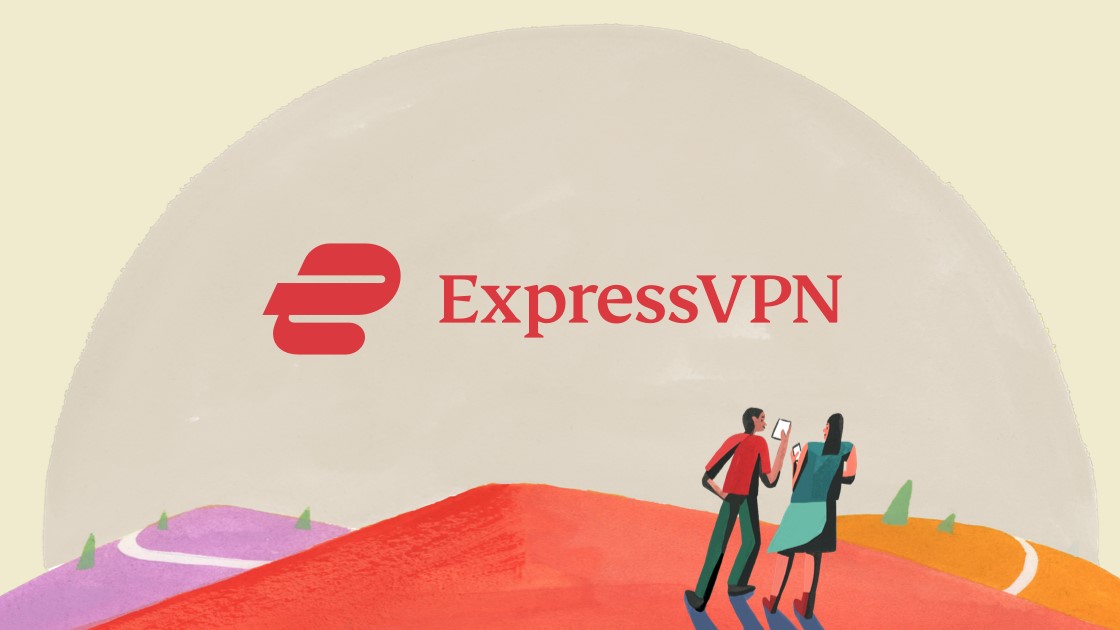ExpressVPN debuts 'next generation' VPN protocol
New Lightway protocol has been built from the ground up

Virtual private network provider ExpressVPN has launched a new VPN protocol that it says will deliver connections that are faster, more reliable, and more secure. Usually, VPN providers use off-the-shelf protocols for their solutions but ExpressVPN has decided to build its new offering, Lightway, from the ground up.
“Most VPN services rely on a standard set of protocols - methods by which your device connects to a VPN server - each with its own strengths and weaknesses,” the ExpressVPN blog explained. “But ExpressVPN set out to create an all-new protocol to serve modern needs. The result is Lightway, which is now available for all ExpressVPN subscribers on the ExpressVPN apps for Android, Windows, Mac, Linux, and routers, with iOS on its way.”
Customer response to the new VPN protocol has been positive so far, with many praising its speed and lower levels of battery consumption. The latest version of the ExpressVPN app, which uses the new protocol, currently has an average rating of 4.5 out of 5 based on user surveys.
- Check out our list of the best VPNs around today
- These are the best business VPN providers on the market
- Also check out our roundup of the best Windows 10 VPN
Peak performance
Based on its years of industry experience, ExpressVPN says it has finely tuned Lightway to ensure peak performance.
The protocol is not encumbered by legacy features, which makes it extremely lightweight – comprising only around 1,000 lines of code. As a result, it should only take ExpressVPN users a fraction of a second to establish a VPN connection, depending on their own network capabilities.
Lightway re-establishes connection automatically when devices switch networks or if a connection unexpectedly drops. Security is also a key consideration of the new protocol, which uses WolfSSL’s cryptography library to safeguard connections.
ExpressVPN users can try the new Lightway protocol now by updating the app to the latest version and changing protocol settings. In addition, the company confirmed that Lightway’s core library will soon be made open-source, providing the service with more transparency.
Are you a pro? Subscribe to our newsletter
Sign up to the TechRadar Pro newsletter to get all the top news, opinion, features and guidance your business needs to succeed!
- We've also highlighted the best proxy service providers
Barclay has been writing about technology for a decade, starting out as a freelancer with ITProPortal covering everything from London’s start-up scene to comparisons of the best cloud storage services. After that, he spent some time as the managing editor of an online outlet focusing on cloud computing, furthering his interest in virtualization, Big Data, and the Internet of Things.
